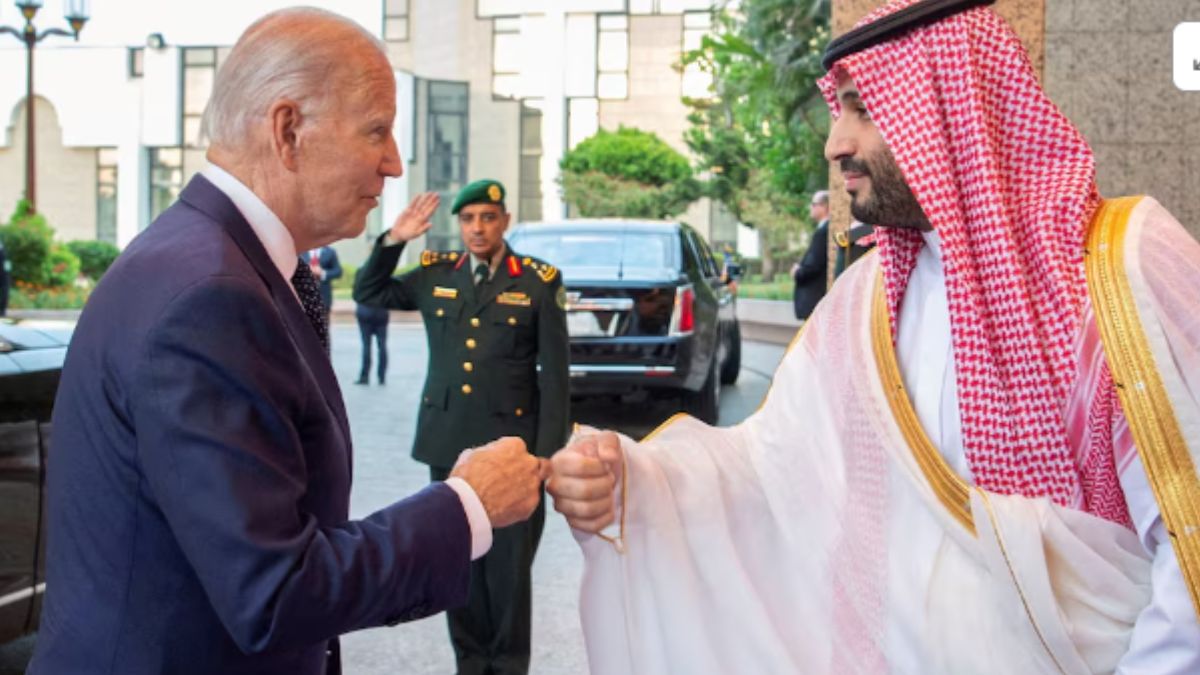A series of agreements drafted by the US and Saudi Arabia on security and technology-sharing were initially intended to coincide with a broader peace settlement involving Israel and the Palestinians.
However, due to the absence of a ceasefire in Gaza and staunch opposition from Benjamin Netanyahu’s Israeli government regarding the establishment of a Palestinian state - coupled with its purported intent to initiate an offensive on Rafah - the Saudis are advocating for a more scaled-back alternative, referred to as plan B which excludes Israel.
Under this proposed plan B, the US and Saudi Arabia would enter into agreements regarding a bilateral defense pact, US assistance in developing Saudi Arabia’s civil nuclear energy sector, and enhanced cooperation in fields such as artificial intelligence and other emerging technologies, as per a report from Bloomberg.
As part of this proposal, Israel would be offered the normalization of diplomatic relations with Riyadh in exchange for its acceptance of a two-state solution to the longstanding Israeli-Arab conflict. However, under Riyadh’s plan B, the fulfillment of the US-Saudi agreements would not be contingent upon approval from the Netanyahu government.
Firas Maksad, senior director for strategic outreach at the Middle East Institute was quoted by Bloomberg as saying that there should be room for a less-for-less model, so the relationship with the US need not be held hostage to the whims of Israeli politics or Benjamin Netanyahu.
Impact Shorts
More ShortsMeanwhile, a Democratic US senator on Wednesday urged President Joe Biden to include strict nonproliferation safeguards in any nuclear power deal with Saudi Arabia that might come as part of a potential normalization of relations agreement brokered by Washington between the kingdom and Israel.
The Biden administration has been talking with Saudi Arabia and Israel on a potential peace agreement since before the Oct. 7 deadly attacks by Hamas on Israel and talks have continued during the Israeli war on the militant group in Gaza.
Such a major regional deal, widely seen as a long-shot even before the Israel-Hamas war, would still face numerous political and diplomatic obstacles, not least the uncertainty over how the Gaza conflict will unfold.
A pact giving the world’s biggest oil exporter U.S. military protection in exchange for normalisation with Israel would reshape the Middle East by uniting two long-time foes and binding Riyadh to Washington at a time when China is making inroads in the region.
With inputs from agencies.
Chandan Prakash is a Chief Sub-Editor with Firstpost. He writes on politics, international affairs, health, business and economy. If you have story ideas/pitches, reach him at Chandan.Prakash@nw18.com
)